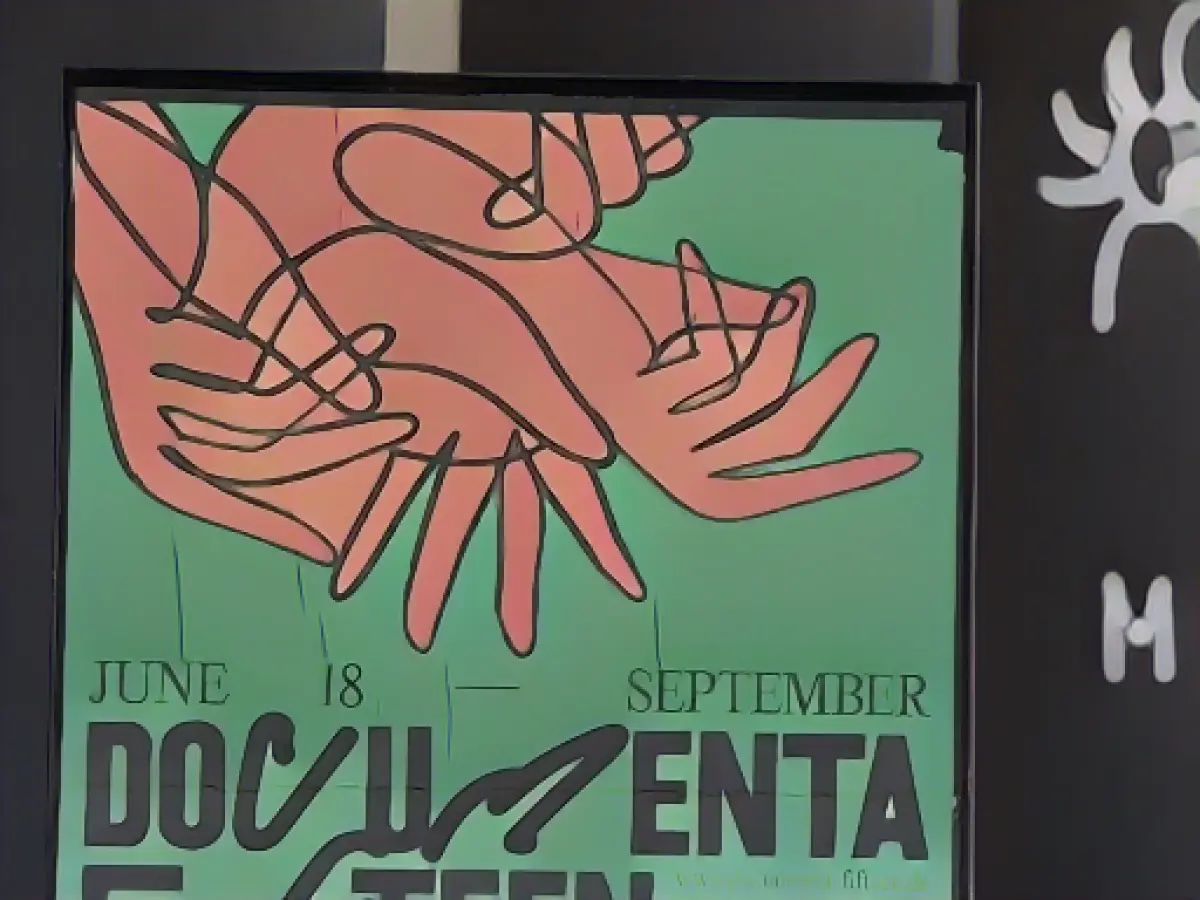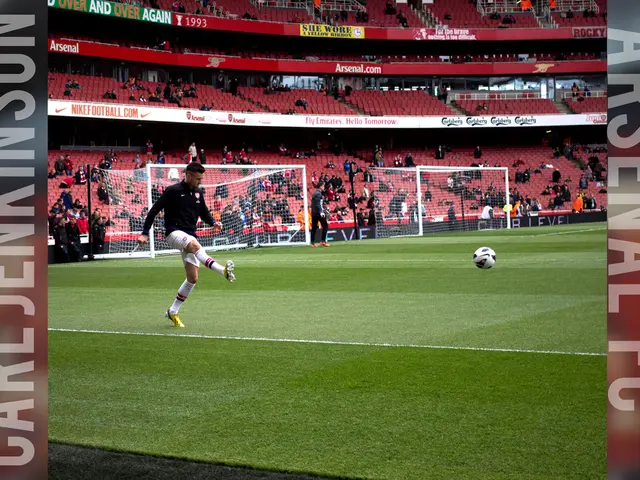Documenta in a bind: maintaining artistic freedom amidst controversy
After a flare-up of antisemitic accusations surrounding documenta, the world-renowned art show based in Kassel, Germany, is grappling with major challenges. According to documenta's managing director, Andreas Hoffmann, addressing antisemitism, racism, and all forms of discrimination requires finding clear instruments, yet artistic freedom should not be compromised.
Hoffmann emphasized that the responsibility for selecting artists lies solely with the documenta's artistic director. An essential piece of this discussion is the legal opinion penned by Berlin law scholar Christoph Möllers, which stipulates that state control is not an option for artistic programs. Möllers had been commissioned by Claudia Roth, Minister of State for Culture (Greens), to outline potential state interventions in art content.
Last year's documenta fifteen had already stirred controversy with antisemitic incidents. Following recurrent allegations against one member, the artistic direction selection committee for the 16th edition of the exhibition resigned last week. Hoffmann, in an interview with the German Press Agency, hinted at postponing the planned 2027 show. Besides documenta, the Venice Biennale is the most prominent international contemporary art event. It traditionally takes place every five years.
Despite the challenges, Hoffmann underscored the importance of artistic freedom in artist selection, as highlighted by his response to the selection committee's resignation. The legal scholar's stance against governmental intervention in the artistic process is crucial, according to Hoffmann.
Underlying Reforms
Recent reforms have introduced changes to protect artistic freedom while addressing antisemitism and other forms of group-specific discrimination at documenta. Organizational development, governance structure, and protection measures have all been revamped [2].
- A comprehensive review and analysis led by Prof. Dr. Nicole Deitelhoff, Metrum Unternehmensberatung, resulted in an effective set of measures addressing antisemitism, while safeguarding artistic freedom.
- The reforms establish a Scientific Advisory Board and separate executive and curatorial responsibilities. This ensures artistic independence, while administrative tasks are managed respectively.
- Protection measures incorporate transparent processes and public participation to promote open dialogue and reconcile artistic freedom and human dignity.
- The new Artistic Director, Naomi Beckwith, has steered the course for documenta 16, focusing on openness, community, and the unifying power of art.
External Regulations
The regulatory landscape for artistic freedom in contexts like documenta is shaped by several factors [3].
- Freedom of Panorama (FOP), which permits the reproduction of works on permanent public display without licensing, applies in various countries such as Germany. However, it does not exhaust the need for creator consent for derivative works.
- Intellectual property rights, specifically copyright, protect works for a stipulated period. Involves obtaining licensing from creators for derivative work, as long as exceptions like FOP do not apply.
Conclusion
The balance between safeguarding artistic freedom and addressing antisemitism and other forms of group-specific discrimination at documenta has involved significant reforms. These reforms entail an overhaul of governance structures, protection measures, and a clear separation of executive and curatorial roles. Artistic freedom is emphasized as essential in preserving the unique character of documenta while ensuring a respectful environment for all.








